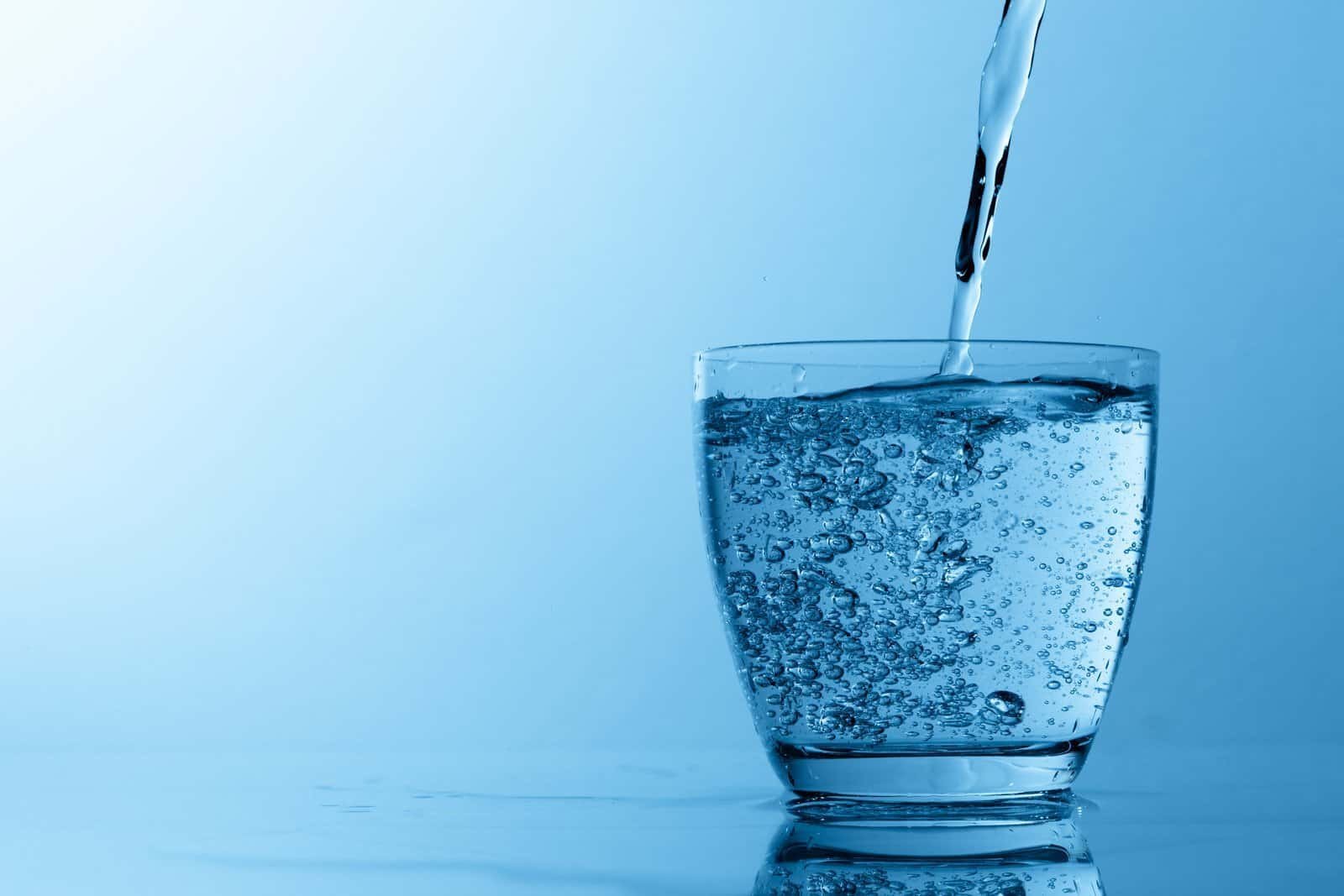Staying hydrated is crucial for maintaining overall health and well-being. While it might seem like common knowledge, many people underestimate the profound impact hydration has on our bodies and minds. This article delves into the significance of hydration, exploring its benefits, symptoms of dehydration, and tips for maintaining optimal hydration levels.
Understanding Hydration
What is Hydration?
Hydration refers to the process of providing adequate fluids to the body’s tissues and organs to function correctly. Water, the primary component of our bodies, plays a critical role in various physiological processes.
Role of Water in the Body
Water is essential for numerous bodily functions, including regulating temperature, maintaining cellular function, aiding digestion, and flushing out toxins. It serves as a lubricant for joints and helps transport nutrients and oxygen to cells.
Benefits of Staying Hydrated
Physical Health Benefits
Improved Digestion
Water aids in breaking down food, allowing nutrients to be absorbed more efficiently. It also helps prevent constipation by softening stools and promoting regular bowel movements.
Enhanced Physical Performance
Hydration is vital for athletes and anyone engaging in physical activity. It helps maintain endurance, strength, and agility, reducing the risk of heat stress and dehydration-related injuries.
Joint Health
Water acts as a cushion for joints, reducing friction and wear during movement. Proper hydration can help alleviate joint pain and improve overall joint function.
Mental Health Benefits
Cognitive Function
Staying hydrated is linked to better concentration, alertness, and short-term memory. Dehydration, on the other hand, can impair cognitive abilities and lead to headaches and fatigue.
Mood Stabilization
Proper hydration can positively affect mood and emotional stability. Dehydration can cause irritability, anxiety, and mood swings.
Skin Health
Water helps maintain skin elasticity and hydration, giving it a healthy glow. Dehydration can lead to dry, flaky skin and exacerbate conditions like eczema and psoriasis.
Weight Management
Drinking water can aid in weight management by promoting satiety and reducing overall calorie intake. It can also boost metabolism, helping burn calories more efficiently.
Signs of Dehydration
Common Symptoms
- Dry mouth and throat
- Dark-colored urine
- Fatigue and dizziness
- Headaches
- Decreased urine output
Severe Symptoms
- Rapid heartbeat
- Confusion and irritability
- Sunken eyes
- Fainting
- Severe dehydration requires immediate medical attention.
How Much Water Should You Drink?
General Guidelines
The general recommendation is to drink eight 8-ounce glasses of water a day, also known as the “8×8” rule. However, individual needs can vary.
Factors Affecting Water Needs
Age and Gender
Children and elderly individuals have different hydration needs compared to adults. Men generally require more water than women due to higher muscle mass and metabolic rates.
Activity Level
Those who engage in regular physical activity or strenuous work need more water to compensate for fluid loss through sweat.
Climate
Hot and humid climates increase the body’s need for water due to higher rates of perspiration.
Tips for Staying Hydrated
Drinking Water Regularly
Make it a habit to drink water throughout the day, even if you don’t feel thirsty. Carry a water bottle with you as a reminder.
Eating Water-Rich Foods
Incorporate foods with high water content into your diet, such as cucumbers, watermelon, oranges, and strawberries.
Using Hydration Apps
Technology can help you stay on track. Use hydration apps to set reminders and track your water intake.
Setting Reminders
Set alarms or use sticky notes as reminders to drink water regularly.
Myths About Hydration
Myth 1: Only Water Counts
While water is the best choice for hydration, other beverages and foods contribute to your fluid intake. Tea, coffee, milk, and even soups can help you stay hydrated.
Myth 2: You Can Drink Too Much Water
Overhydration is rare but possible. It can lead to a condition called hyponatremia, where sodium levels in the blood become dangerously low. Balance is key.
Conclusion
Hydration is vital for maintaining physical and mental health. By understanding the benefits, recognizing signs of dehydration, and adopting healthy hydration habits, you can enhance your overall well-being. Remember to drink water regularly, eat water-rich foods, and listen to your body’s signals.
FAQs
How can I tell if I’m hydrated?
Check the color of your urine. Light yellow indicates proper hydration, while dark yellow or amber suggests you need more fluids.
Can other beverages hydrate you as well as water?
Yes, other beverages like tea, coffee, and milk contribute to your fluid intake. However, water remains the best choice due to its calorie-free nature.
Is it possible to drink too much water?
Yes, overhydration can lead to hyponatremia, a condition where sodium levels drop dangerously low. Balance is essential.
What are the best times to drink water?
Drink water throughout the day, especially before and after meals, during exercise, and when you wake up in the morning.
Does drinking water help with weight loss?
Yes, drinking water can promote satiety, reduce calorie intake, and boost metabolism, aiding in weight management.

